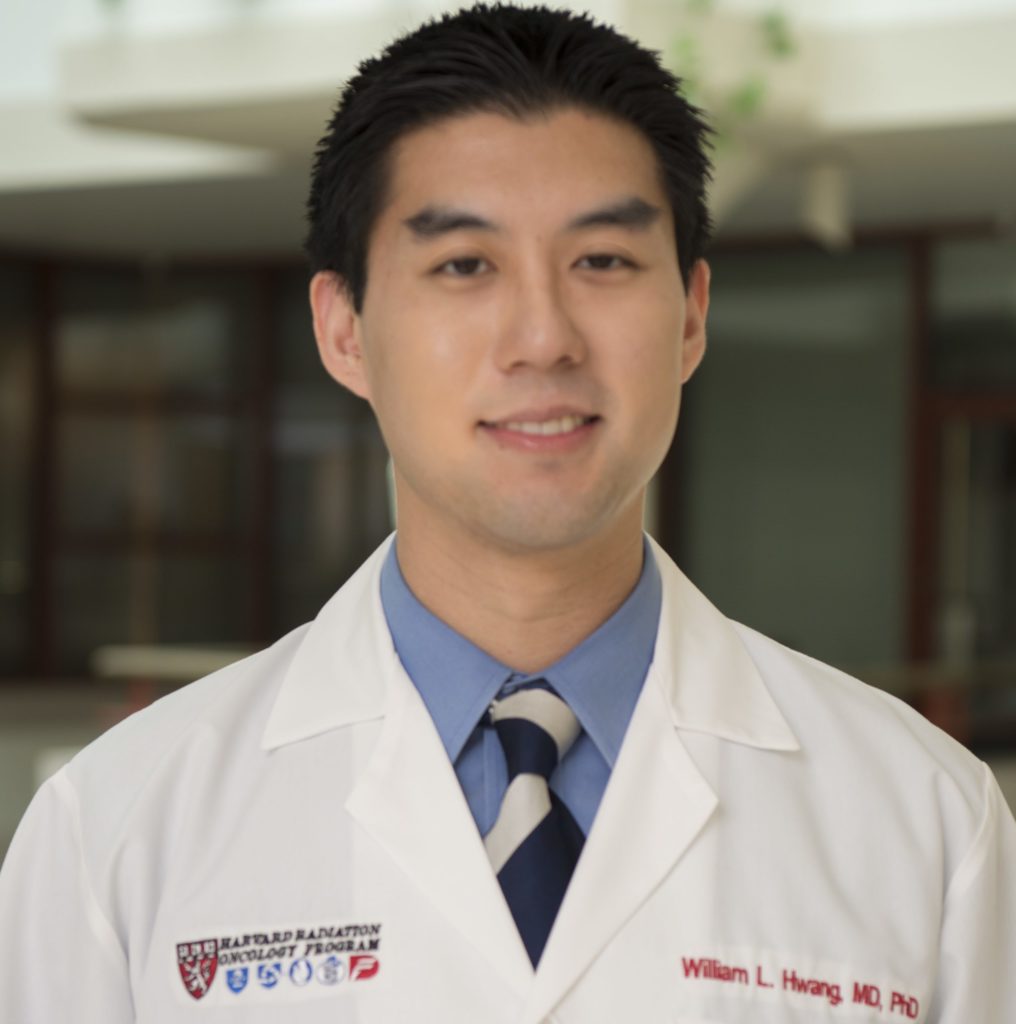Description
Drier proposes to uncover the gene regulatory processes that drive the aberrant expression of genes responsible for the development of typical and atypical lung carcinoids.
What question will the researchers try to answer?
What changes in gene regulation have the potential to promote typical and atypical lung carcinoids, and what are the differences between lung carcinoids driven by different gene dysregulation?
Why is this important?
It is difficult to predict the aggressiveness of lung NETs. Improved understanding of their regulatory networks may help identify prognostic and therapeutic biomarkers to improve the precision and effectiveness of treatment.
What will researchers do?
Using integrative genetic, epigenetic, and transcriptomic analysis, researchers will identify: the molecular underpinning of typical and atypical lung NETs, the regulatory and developmental differences between the two, and between lung NETs and other NETs, as well as derive a data-driven classification to identify new molecular lung NET subtypes.
How might this improve the treatment of NETs?
This new information may help develop new drugs to target the genes identified in this study or suggest the use of existing drugs that act on the genes identified, as well as help guide management of the disease according to new molecular subtypes.
What is the next step?
This study provides the research community with an improved understanding of lung NETs for future clinical studies of new, validated biomarkers (to support detection, prognosis, and disease management) and may suggest new therapeutic strategies.

